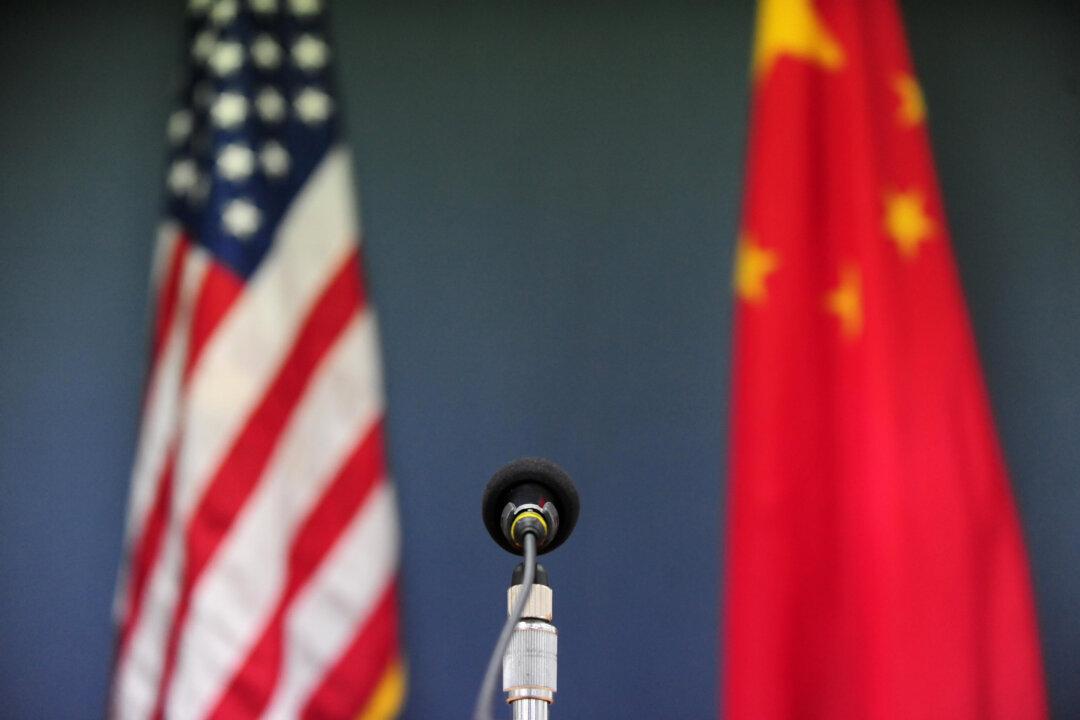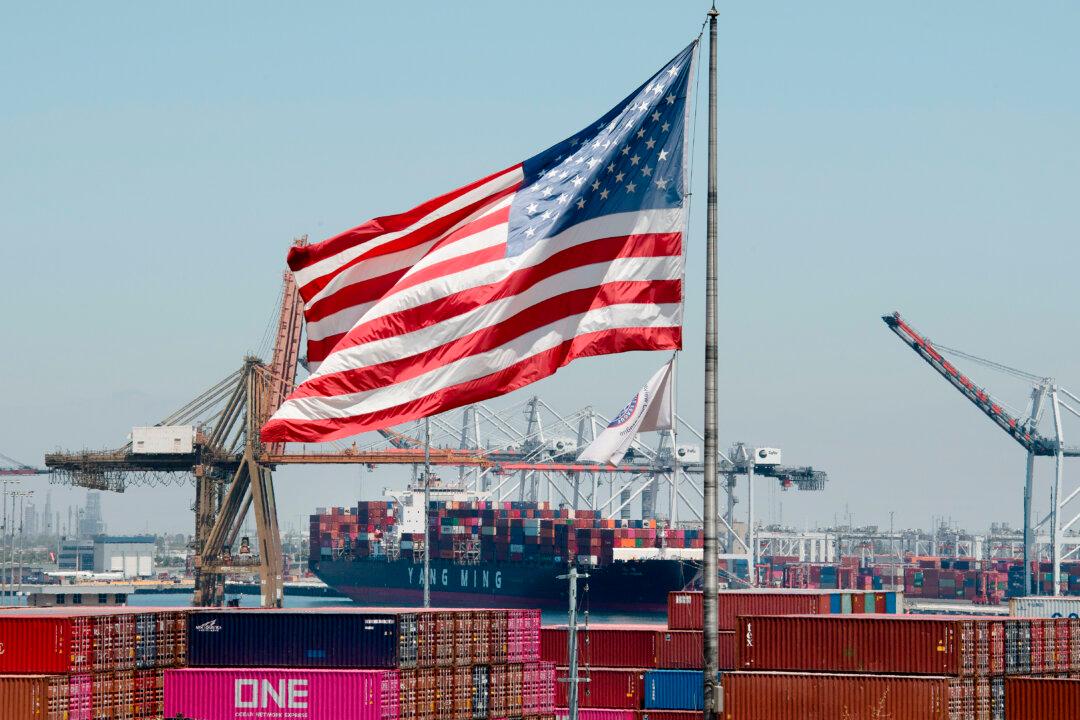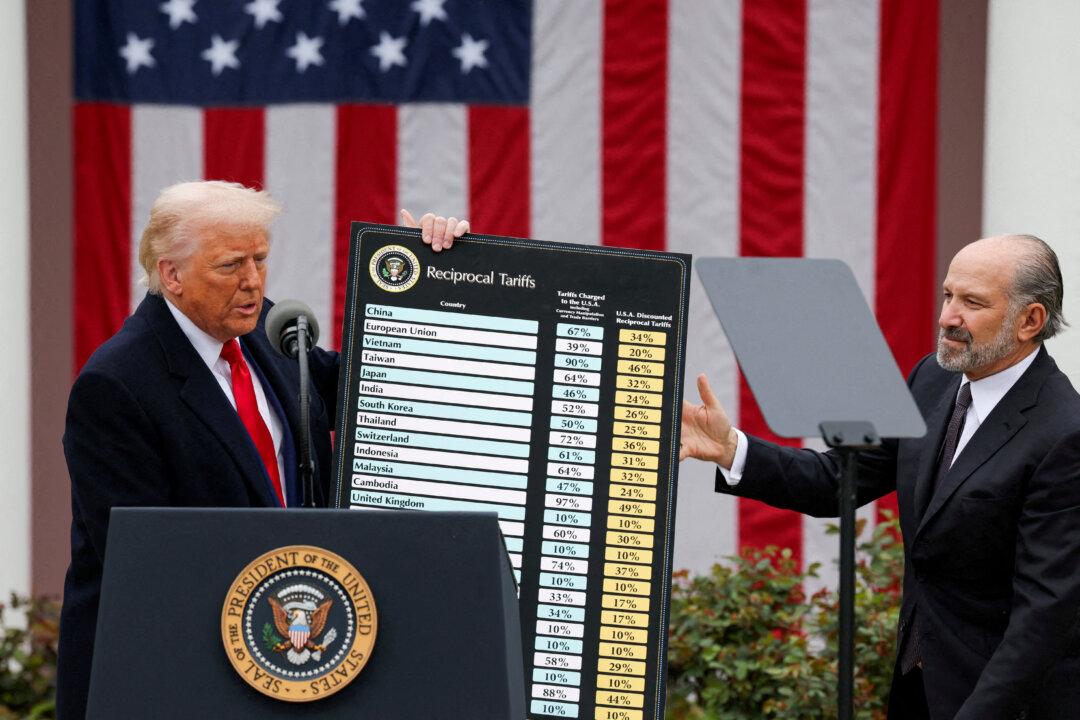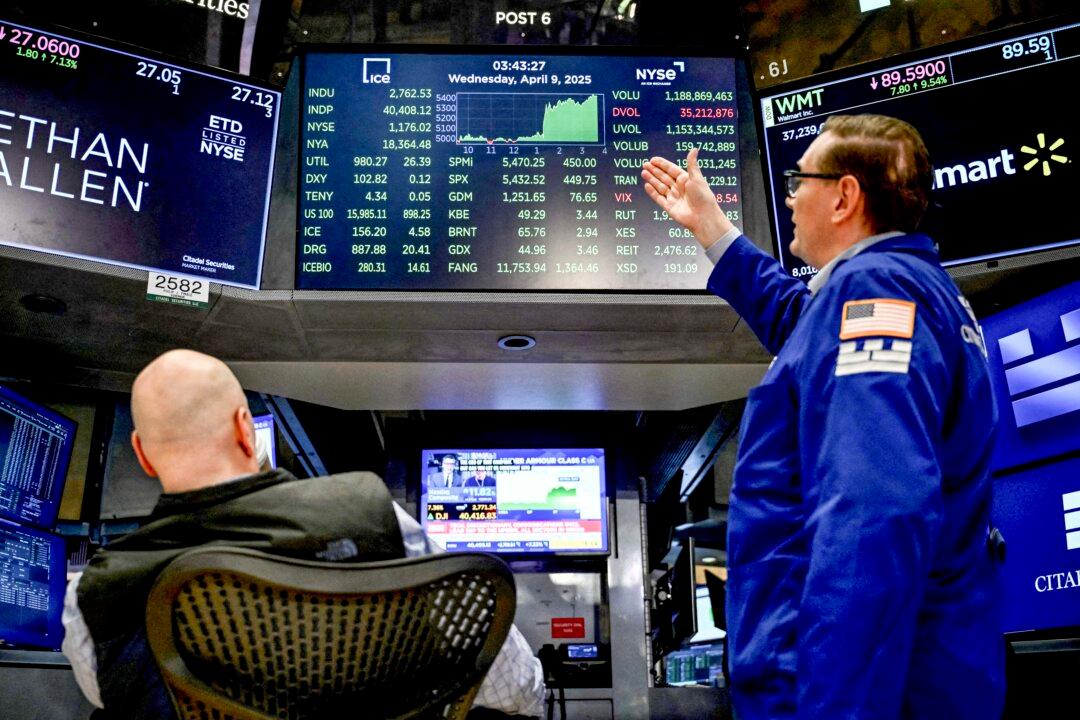Commentary
As the Beijing regime’s actions clarify the thinking about its role in the world and expected behavior, we must reconsider what type of economic and financial relationship the United States and other countries should maintain with a hardened authoritarian state.





